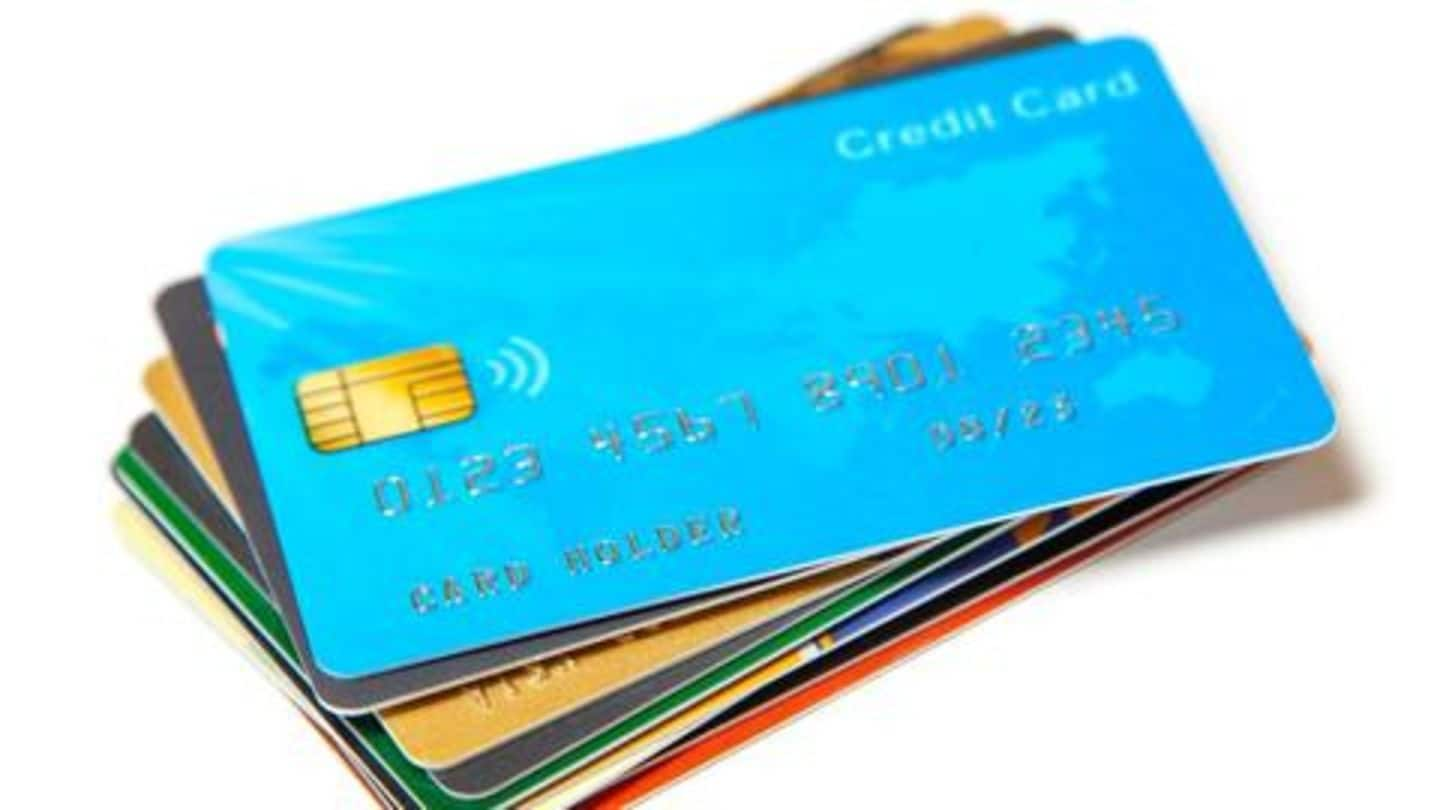
#FinancialBytes: Got your first credit-card? Here's how to handle it
What's the story
Credit cards have become an essential financial tool today because of the convenience they offer. People use credit cards for almost everything, including online/offline shopping, bill payments, travel-purchases, etc.
Credit cards can help people earn rewards and save money when used responsibly. However, if not handled well, credit cards can become a huge burden.
Here are some tips to handle your first credit card.
#1
Firstly, cardholders should understand the terms of the credit card
After getting their first credit card, cardholders should first understand the terms and conditions of their card.
They should know the interest rate, minimum fee, maintenance charges, and other charges associated with their card. They should also understand how the payment schedule or billing cycle works.
Knowing and understanding all these details will help customers use their credit cards smartly.
#2
Pay bills by due-date, clear as much balance as possible
Making credit card bill payments or paying these bills before the due date is very important. Defaulting on credit card bill payments might reduce the cardholder's credit score.
Also, they should understand that paying just the minimum due amount monthly doesn't really decrease the outstanding credit balance. Instead of paying only the minimum due amount, one must clear as much outstanding balance as possible.
#3
Avoid spending too much, don't go over the credit limit
While using a credit card, it is also important for the cardholder to ensure that they don't go over the credit limit of their card.
Spending too much, especially on unnecessary things, must be avoided; going over the credit limit would also incur additional fees/charges.
Also, high usage of credit card limit results in high credit utilization ratio that impacts the cardholder's credit score.
#4
Avoid cash withdrawals using your credit card
Also, cardholders should avoid using their credit card to withdraw cash from ATMs.
Credit card issuers treat these cash withdrawals as "cash advances" - like short-term loans. These cash withdrawals can attract a high-interest rate and banks also charge a percentage of the amount withdrawn as transaction fees.
One should use their debit cards for cash withdrawals instead of credit cards.